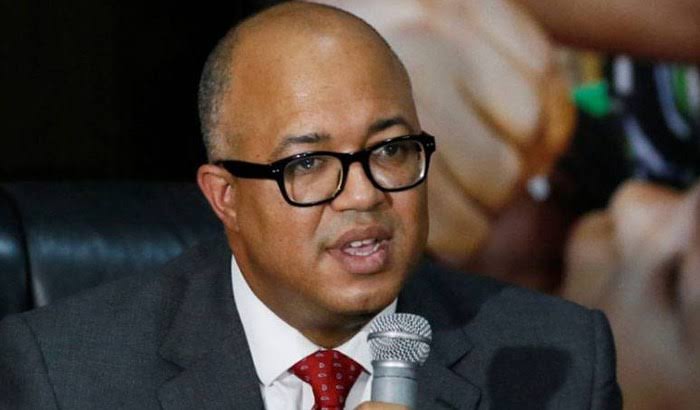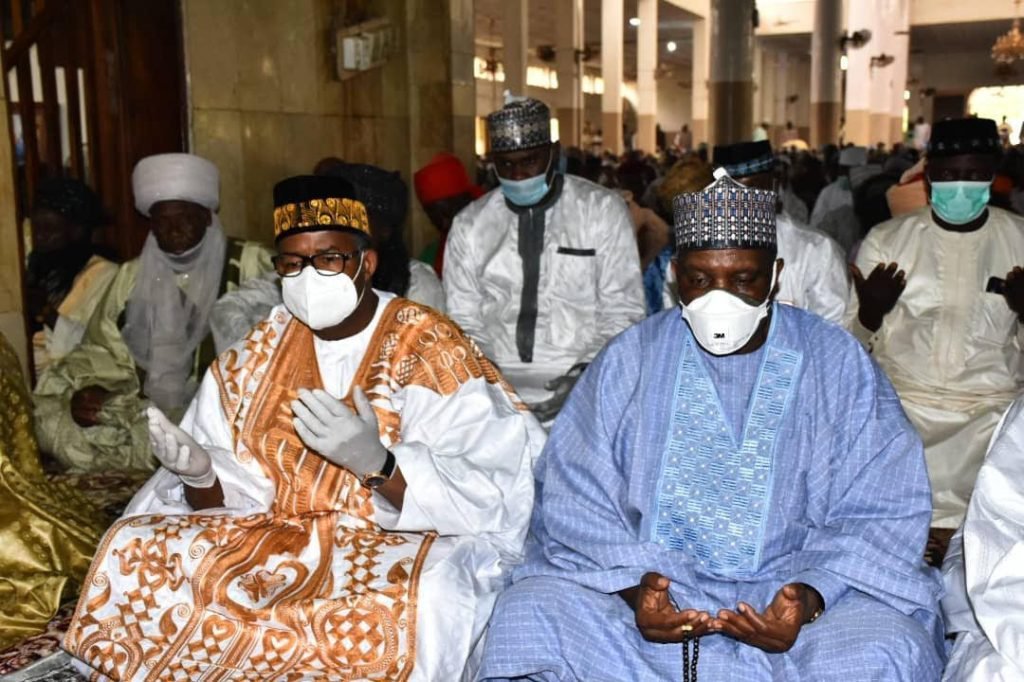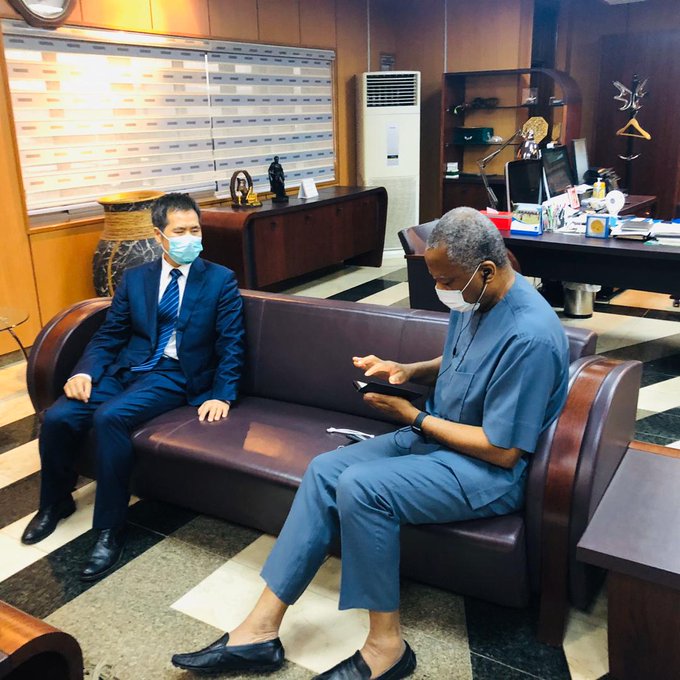The World Health Organisation says except in cases of hemorrhagic fevers such as Ebola, Marburg and cholera, dead bodies are generally not infectious.
In its interim guidance on “Infection Prevention and Control for safe management of a dead body in the context of COVID-19″, the organisation said only the lungs of patients with pandemic influenza, if handled improperly during an autopsy, could be infectious.
It added that the interim guidance was for all health care facilities and mortuaries, religious and public health authorities, and families, who tend to the bodies of persons who have died of suspected or confirmed COVID-19 cases”.
“Cadavers do not transmit disease. It is a common myth that persons who have died of a communicable disease should be cremated, but this is not true. Cremation is a matter of cultural choice and available resources,” it said.
Advertisement
WHO added that till date, there is no evidence of persons having become infected from exposure to the bodies of persons who died from COVID-19 complications.
It said people may die of COVID-19 complications in health care facilities, home or at other locations, adding that the safety and well-being of everyone who tends to bodies should be the first priority.
“Before attending to a body, people should ensure that the necessary hand hygiene and personal protective equipment (PPE) supplies are available,” WHO said.
Advertisement
“The dignity of the dead, their cultural and religious traditions, and their families should be respected and protected throughout. Hasty disposal of a dead from COVID-19 should be avoided.”
WHO added that personnel who interact with the body (health care or mortuary staff, or the burial team) should ensure they apply standard precautions.
It said the precaution should include hand hygiene before and after interaction with the body and the use of appropriate personal protective equipment according to the level of interaction with the body.
“Ensure that any body fluids leaking from orifices are contained; keep both the movement and handling of the body to a minimum,” it said.
Advertisement
“Wrap body in cloth and transfer it as soon as possible to the mortuary area; there is no need to disinfect the body before transfer to the mortuary area.”
It advised children, adults over 60 years, and “immunosuppressive” persons not to directly interact with bodies of late COVID-19 patients.
“Although burials should take place in a timely manner, in accordance with local practices, funeral ceremonies not involving the burial should be postponed, as much as possible, until the end of the pandemic,” it said.
“If a ceremony is held, the number of participants should be limited. Participants should observe physical distancing at all times, plus respiratory etiquette and hand hygiene.”
Advertisement
It added that the recommendations would be subject to revision as new evidence becomes available.
The federal government had said it will not release the corpses of people who died after testing positive for coronavirus to their relatives for burial.
Advertisement
At a programme in Abuja, Lai Mohammed, minister of information, had said such corpses could only be handled by experts from the ministry of health because they are contagious.
Advertisement
Add a comment





